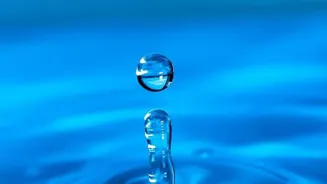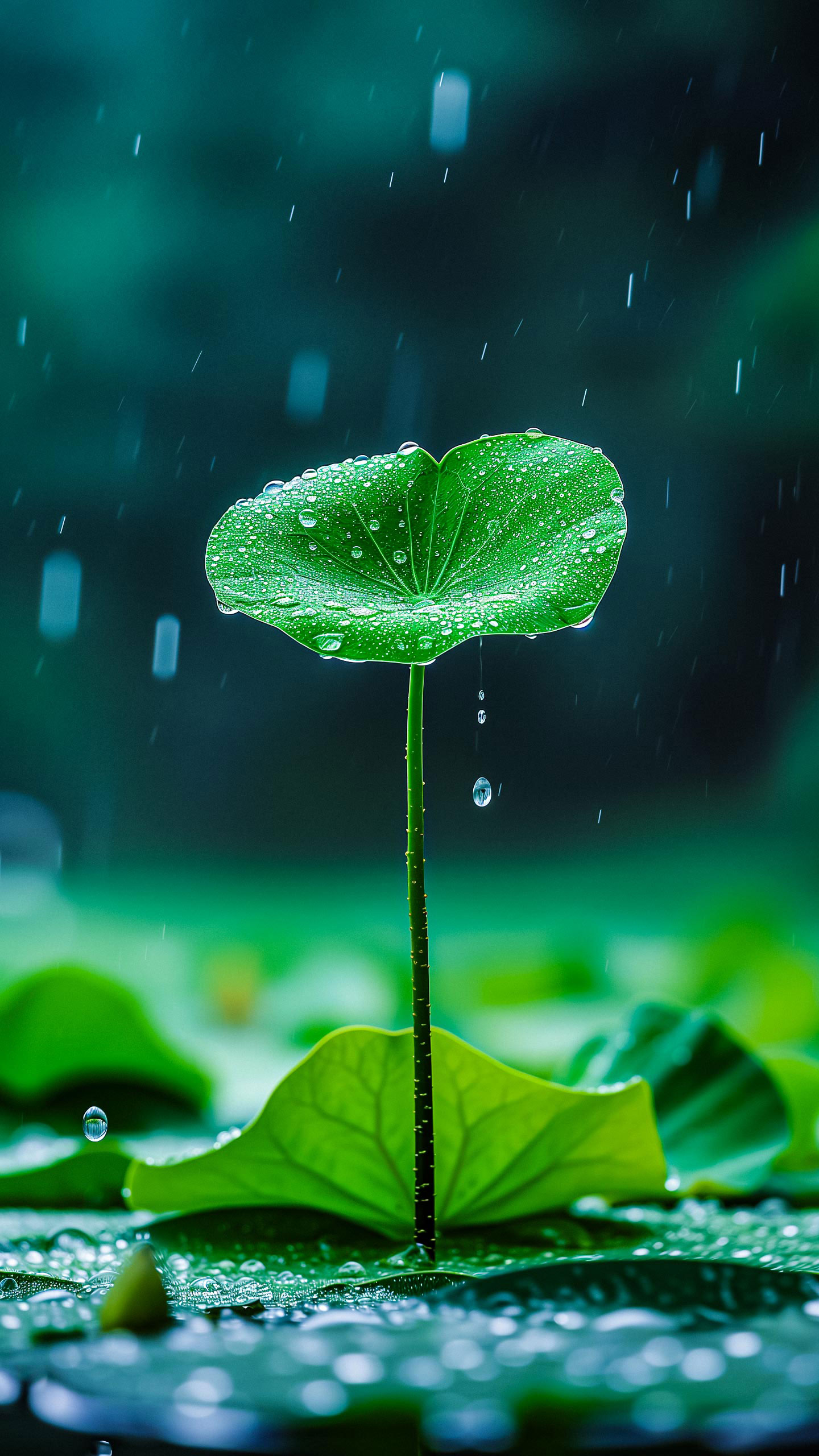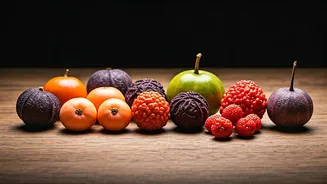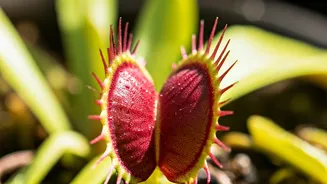Unlock the Science of Hydration: Dive deep into the nuances of water needs for a healthier you! Read more
With the summer heat beating down on us like a determined dhobi, the phrase "stay hydrated" is ringing
in everyone’s ears. But how much water do we really need to keep our bodies happy and functioning smoothly?
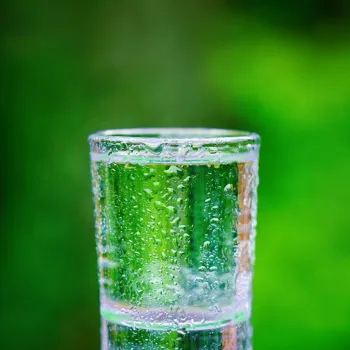
It's not just a simple eight-glass rule; the science of hydration is more nuanced than that, taking into account individual lifestyles, activity levels, and even the climate we live in.
Figuring out your personal hydration needs is key to feeling your best and avoiding any potential health problems. So, let's dive into the science behind quenching our thirst, desi style!
Individual water needs vary based on location, activity, and occupation
For many years, the golden rule has been to drink eight glasses of water a day. While this provides a decent benchmark, it doesn’t take into account all of an individual's factors that contribute to their overall needs.
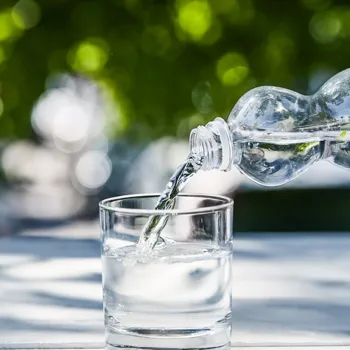
For example, someone living in Rajasthan, constantly exposed to the hot sun, will certainly need a lot more water intake as opposed to many living in the cooler hills of Himachal Pradesh. Similarly, our occupation and activity levels also have a vital role to play.
A construction worker doing physical labor under the sun will naturally sweat more and need to consume fluids at a higher rate than someone working a desk job in an air-conditioned office. To understand the dynamics of hydration, we must also consider the science of how our body utilizes water.
Water is the main component, playing several crucial parts ranging from regulating body temperature to transporting nutrients and lubricating joints. When we don’t drink enough, we can become dehydrated, leading to fatigue, headaches, and even more serious health issues.
Stay hydrated by drinking water regularly to avoid dehydration
The human body is a very complex machine, and it gives off several signals when it demands water. One of the most obvious is when one feels thirsty. Thirst is our body’s way of telling us that we have already started to become dehydrated.
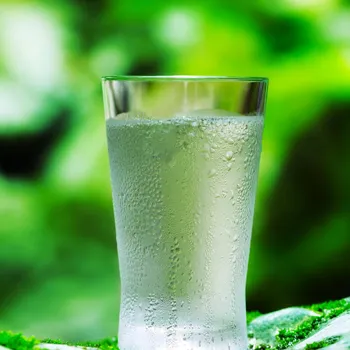
It's not a good idea to wait until you feel thirsty to start gulping water; instead, try to drink water regularly throughout the day. Keep a water bottle with you and sip from it throughout the day. Also, pay attention to the color of your urine.
Pale yellow is a sign that you are well-hydrated, while dark yellow urine is a clear sign that you need to drink more water. Some other signs of dehydration include dry mouth, dizziness, and decreased urination. Don’t ignore these signs.
Dehydration can also affect our cognitive functions, reducing focus and concentration. For students preparing for exams or professionals working on important projects, staying hydrated is essential for optimum performance.
Food with high water content aids hydration, offers vital nutrients
Food also gives us a considerable amount of hydration. Many fruits and vegetables have high water content, which contributes to the overall fluid intake. Juicy food items, such as watermelon, cucumber, oranges, and grapes, are great for staying hydrated and feeling refreshed.
Similarly, soups and broths can also add to the daily fluid intake and provide valuable electrolytes. So, while we should prioritize drinking water, we should not forget about the hydrating power of the food we eat.
Adding these hydrating options into our daily diet can make staying hydrated much easier, especially for children and seniors who may find it difficult to drink large volumes of water.
Also, these fruits and vegetables are packed with essential vitamins and minerals, making them an even more beneficial choice.
Not all fluids equal for hydration; choose wisely
It’s important to acknowledge that not all fluids are equal when it comes to hydration. While water is the best choice, other beverages like coconut water, buttermilk, and herbal teas can also contribute to the fluid intake.
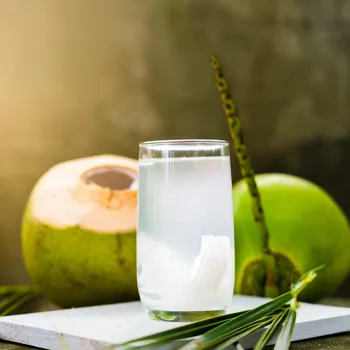
However, sugary drinks like sodas and packaged juices should be consumed in moderation. These drinks can be high in calories and added sugars, which can negate the benefits of hydration.
Also, caffeinated beverages like tea and coffee have a diuretic effect, which means they can increase urination and potentially lead to fluid loss. If you are drinking tea or coffee, make sure to balance it with extra water to prevent dehydration.
Coconut water and buttermilk are particularly good choices for hydration as they also contain electrolytes like potassium and sodium, which are lost through sweat.
Hydration is crucial for athletes to prevent dehydration and improve performance during exercise
For the athletes among us or those engaging in strenuous physical activity, hydration is even more vital. During exercise, our body loses fluids and electrolytes through sweat. Failure to replenish these losses can lead to dehydration, reduced performance, and even heatstroke.
Therefore, it is extremely important to drink water before, during, and after exercise. Sports drinks containing electrolytes can be beneficial for prolonged or intense workouts, as they help replenish lost electrolytes and maintain fluid balance.
However, for shorter workouts, plain water is usually sufficient. Also, it’s a good practice to weigh yourself before and after exercise to determine how much fluid has been lost and needs to be replaced. Remember to drink water regularly, even when you are not feeling thirsty during exercise.
Stay hydrated by listening to your body and adjusting fluid intake
So, what is the magic number for hydration? There isn’t one. The amount of water you need varies depending on your individual needs and circumstances. Listen to your body, pay attention to the signs of thirst, and adjust your fluid intake accordingly.
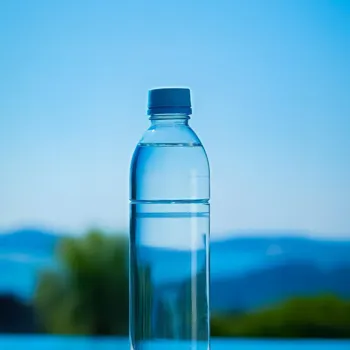
A good, general guide is to aim for at least eight glasses (around 2 liters) of water per day, but don’t be afraid to drink more if you are active, living in a hot climate, or experiencing symptoms of dehydration.
Staying properly hydrated is a simple yet powerful way to boost your overall health and well-being. So, grab that water bottle and cheers to a healthier, more hydrated you!
Remember, staying hydrated is not just about drinking water when you are thirsty, it’s about making it a conscious habit throughout the day. And that is the key to feeling refreshed, energized, and ready to take on whatever life throws your way!
AI Generated Content. Glance/InMobi shall have no liability for the content